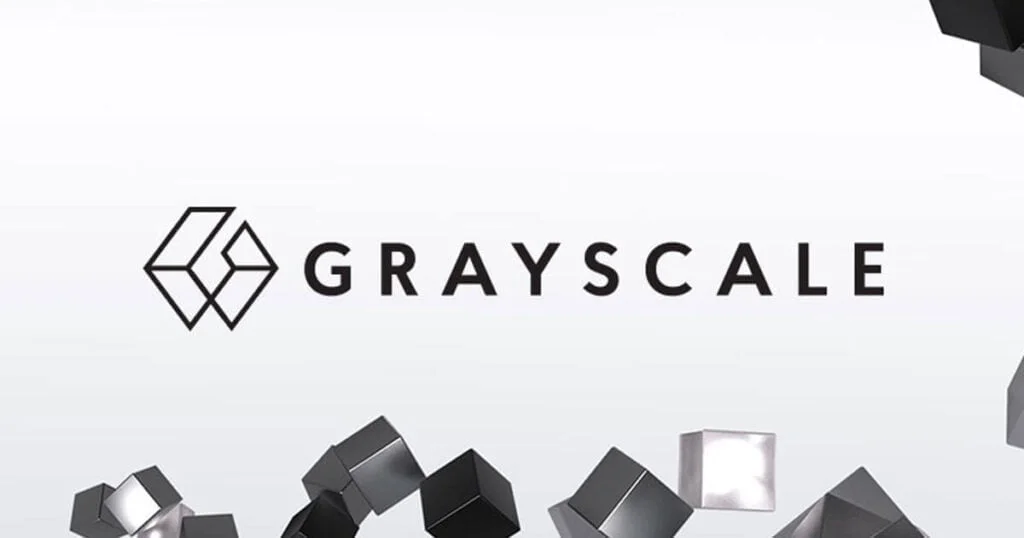Grayscale published a letter attesting that each of Grayscale’s crypto products is fully backed, but did not provide wallet addresses.

Grayscale Investments, a cryptocurrency investment product provider, has refused to give on-chain proof of reserves or wallet addresses to demonstrate the underlying assets of its digital currency products, citing “security concerns.”
The crypto investment provider set out details regarding the security and storage of its crypto holdings in a Nov. 18 Twitter thread addressing investor concerns, and said all crypto underlying its investment products are stored with Coinbase’s custody service, but stopped short of releasing wallet addresses.
“We know the preceding point in particular will be a disappointment to some,” Grayscale added, “but panic sparked by others is not a good enough reason to circumvent complex security arrangements that have kept our investors’ assets safe for years.”
Grayscale’s action comes as pressure increases on the crypto industry to implement proof of reserves in the aftermath of FTX’s liquidity concerns and subsequent bankruptcy.
Some Twitter users criticized Grayscale’s assertion that security concerns prompted its decision to withhold its wallet addresses, with one remarking that the addresses of Bitcoin BTC inventor Satoshi Nakamoto are publicly known and of more worth to attackers, “yet Satoshi’s Bitcoin stays secure.”
Grayscale published a letter co-signed by Coinbase CFO Alesia Haas and Coinbase Custody CEO Aaron Schnarch in which they broke down Grayscale’s holdings by investment product and reaffirmed that the assets “are secure,” that each product has its “own on-chain addresses,” and that the crypto always belongs “to the applicable Grayscale product.”
Grayscale went on to say that each of its goods is a different legal company, and that “rules, regulations, and documents […] forbid the digital assets underpinning the products from being leased, borrowed, or otherwise encumbered.”
Grayscale is well known for its Grayscale Bitcoin Trust (GBTC), a security that tracks the price of Bitcoin. It also provides products that follow the price of other cryptocurrencies including Ether and Solana.
Investors are concerned because Genesis Global, GBTC’s liquidity provider, claimed on November 16 that it had blocked withdrawals due to “extraordinary market turbulence,” which resulted in massive withdrawals from its platform that surpassed its current liquidity.
